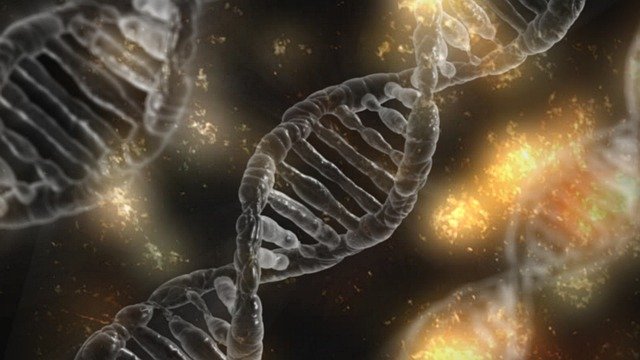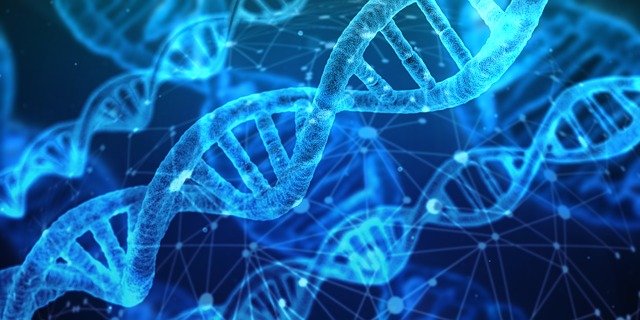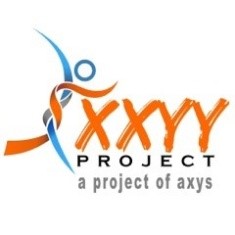Association between domains of quality of life and patients with Klinefelter syndrome: a systematic review
Article Title: Association between domains of quality of life and patients with Klinefelter syndrome: a systematic review
Authors: Mehmet, Gillard, Jayasena, and Llahana
Date of Publication: May 31, 2022
“This is the first evidence synthesis of QoL in men with KS. Current evidence suggests that combined physical and psychological impairments affect men with KS who also experience impairments in relationships and independence in society. Further research is needed to identify factors that influence the QoL in men with KS.”



